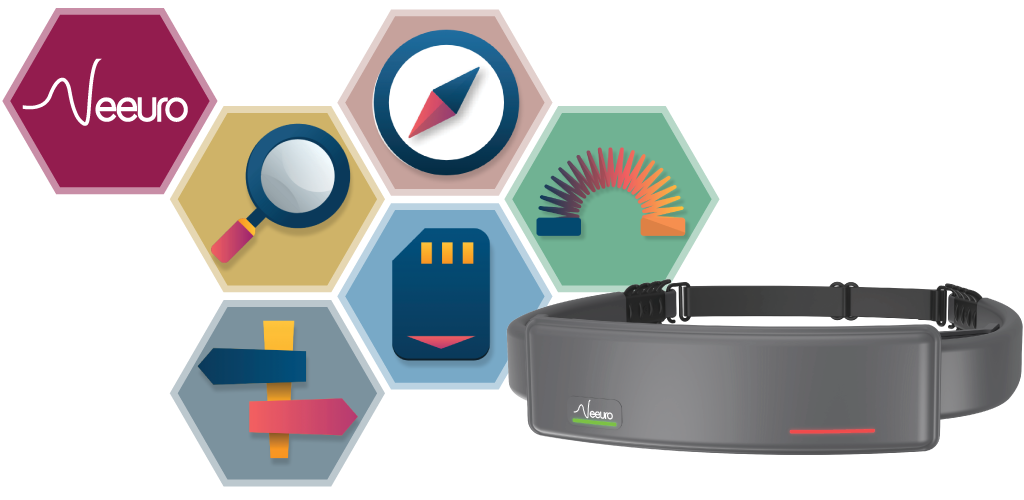In our rapidly evolving digital age, where cognitive demands are increasingly complex and attention spans are being challenged, the importance of cognitive training has never been more critical. Just as we maintain our physical health through regular exercise, our brains require dedicated training to thrive throughout our lives.
The Brain as a Muscle: Understanding Neuroplasticity
The human brain operates remarkably like a muscle. When we consistently challenge and exercise specific neural pathways, they become stronger and more efficient. This concept, known as neuroplasticity, demonstrates that our brains can reorganise, adapt, and form new neural connections throughout our entire lives. Unlike traditional beliefs that brain development peaked in early adulthood, modern neuroscience reveals that cognitive training can enhance brain function at any age.
This muscle-like quality means that cognitive abilities can be strengthened through targeted exercises, much like how physical training improves strength and endurance. Without regular mental stimulation, however, neural pathways can weaken, leading to cognitive decline—a phenomenon often described as "use it or lose it."
Critical Importance for Developing Minds
Enhance Executive Function: Training programmes focusing on attention, working memory, and cognitive flexibility help children develop crucial skills for academic success and daily life management.
Improve Learning Capacity: Regular cognitive exercises strengthen the neural networks responsible for processing information, making learning more efficient and retention more robust.
Build Resilience: Children who engage in cognitive training develop better emotional regulation and stress management capabilities, preparing them for life's challenges.
Support Attention Development: In an era where ADHD diagnoses are rising, targeted cognitive training can help children develop sustained attention and reduce distractibility.
The developing brain's incredible plasticity means that cognitive training interventions in childhood can have lasting effects, creating a strong foundation for lifelong learning and mental agility.
Maintaining Cognitive Health Through Adulthood
As we age, cognitive training becomes equally important for maintenance and preservation of mental faculties. Research consistently shows that engaging in regular cognitive exercises can:
Delay Cognitive Decline: Studies indicate that structured cognitive training can slow age-related cognitive deterioration and may help prevent dementia.
Maintain Mental Sharpness: Regular mental challenges keep neural pathways active and efficient, preserving processing speed and accuracy.
Enhance Quality of Life: Maintaining cognitive function directly impacts independence, confidence, and overall well-being in later years.
Support Neuroplasticity: Even in older adults, the brain retains its capacity to form new connections and adapt to challenges when provided with appropriate stimulation.
The Revolutionary Role of EEG in Cognitive Training
Electroencephalography (EEG) technology has transformed cognitive training from a generalised approach to a precise, personalised intervention. EEG monitoring provides real-time insights into brain activity, offering several critical advantages:
Objective Measurement: EEG provides quantifiable data about brain states, allowing for precise assessment of attention, relaxation, and cognitive load during training sessions.
Personalised Training: By monitoring individual brain patterns, training programmes can be tailored to each person's specific cognitive profile and needs.
Real-Time Feedback: EEG enables immediate feedback during training, allowing users to understand and modify their mental states in real-time.
Progress Tracking: Continuous EEG monitoring provides objective measures of improvement, ensuring that training programmes are effective and adjustments can be made as needed.
Enhanced Engagement: The immediate feedback provided by EEG technology makes cognitive training more engaging and motivating, leading to better adherence and outcomes.
The Future of Brain Training
As we advance into an era of personalised medicine and precision health, cognitive training supported by EEG technology represents a paradigm shift in how we approach brain health. This technology-enhanced approach offers:- Targeted Interventions: Specific cognitive weaknesses can be identified and addressed through customised training protocols.
- Preventive Healthcare: Early identification of cognitive changes allows for proactive interventions before significant decline occurs.
- Evidence-Based Outcomes: Objective measurements ensure that training programmes deliver measurable improvements rather than subjective feelings of enhancement.
Conclusion
The importance of cognitive training extends far beyond academic or professional performance—it's about optimising human potential throughout our lives. For children, it provides the foundation for lifelong learning and emotional resilience. For adults, it offers the tools to maintain mental sharpness and independence as we age.
The integration of EEG technology into cognitive training represents a quantum leap forward, transforming brain training from a one-size-fits-all approach to a personalised, scientific intervention. As we continue to unlock the mysteries of the human brain, one thing remains clear: investing in cognitive training is investing in our most valuable asset—our minds.
The question isn't whether we can afford to prioritise cognitive training, but rather whether we can afford not to. In a world where cognitive demands will only increase, those who invest in their brain health today will be best positioned to thrive tomorrow.







Leave a Comment